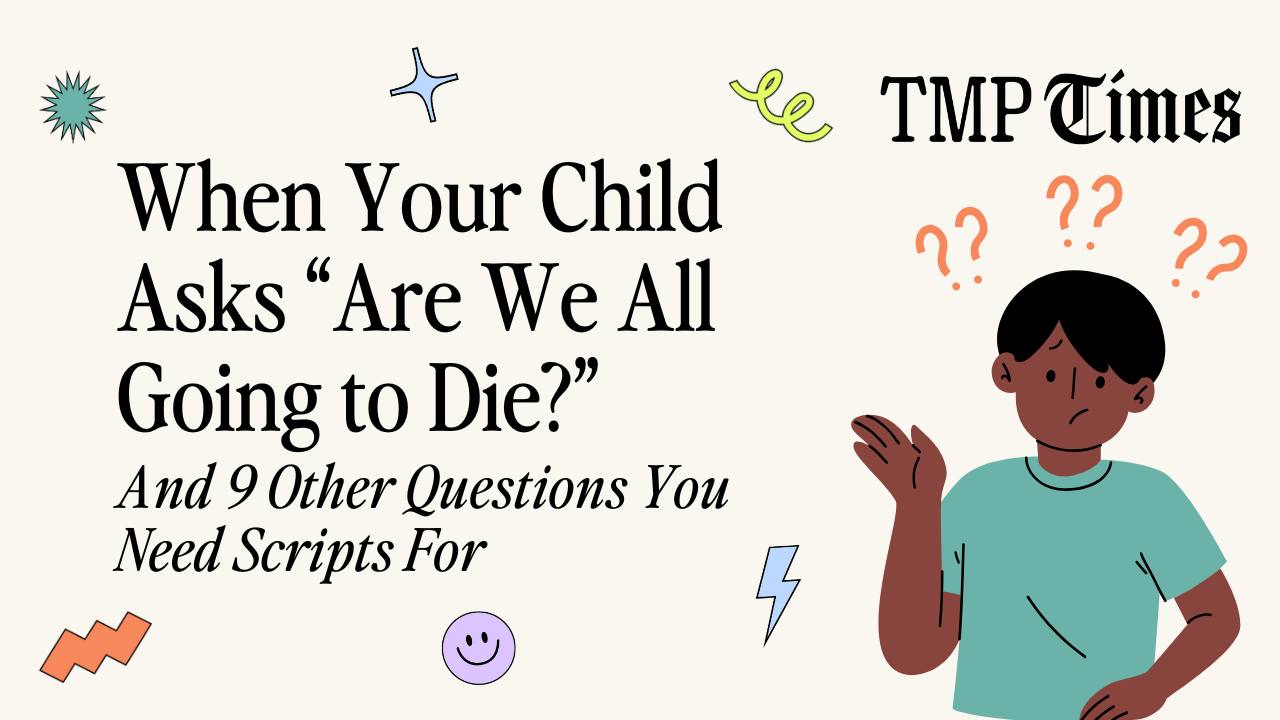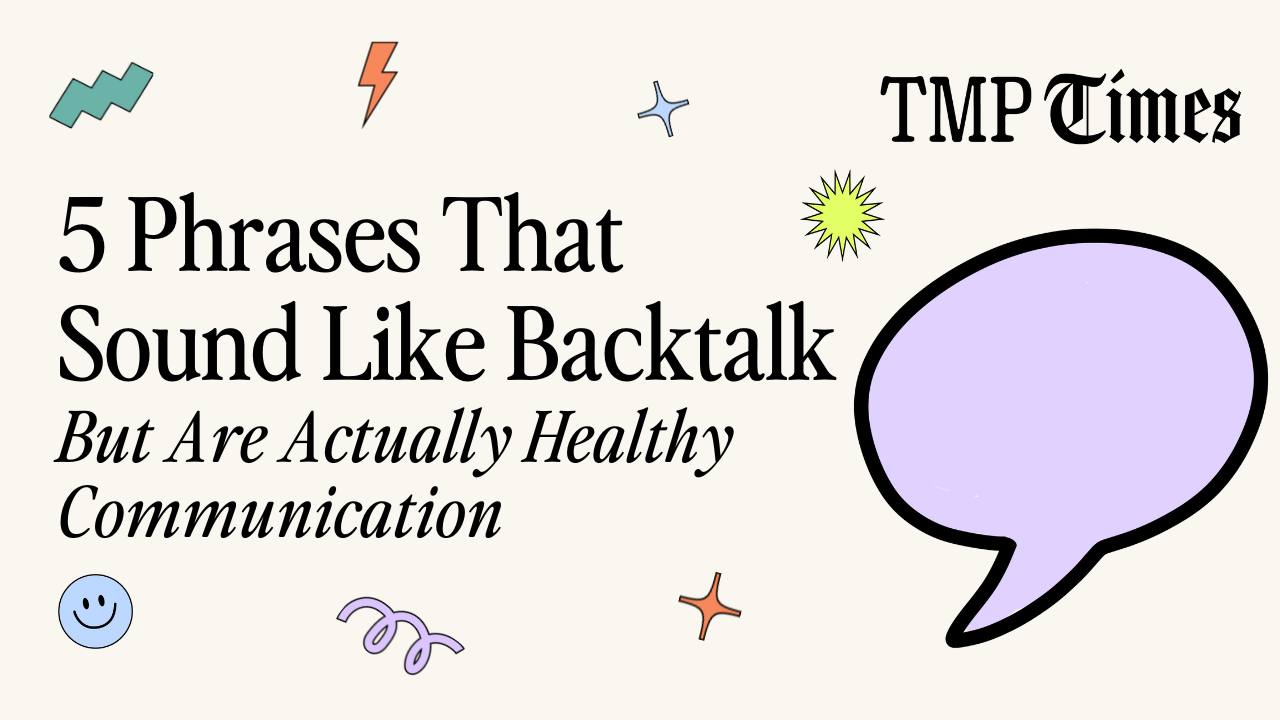7 Hidden Triggers Making Your Child's Behavior Worse: A Parent's Guide to Understanding and Responding (Without Losing Your Mind!)


Ever find yourself thinking "I've reached my end" with your child's behavior? Maybe you're exhausted from the constant crying that seems to turn on and off like a faucet, or tired of feeling like every boundary becomes a battle. Or perhaps you're stuck in that cycle where setting a limit leads to tears, which leads to giving in, which leads to more tears - and you're wondering if you're creating bad habits.
Here's what I want you to know: This is not about manipulation. It's not about your child trying to drive you crazy. And it's definitely not about you doing something wrong. What's really happening is both simpler and more profound - your child is communicating something, and once you understand what's behind their behavior, everything changes.
Think about it this way: When you're stressed, overwhelmed, or dealing with big changes, how well do you communicate?
Now imagine being three years old, with a developing brain, limited language skills, and big feelings you don't fully understand.
Pretty challenging, right? That's what your child is navigating every day.
The good news? Understanding the hidden triggers behind challenging behaviors changes everything. Instead of feeling helpless when your child melts down, you'll know exactly what to look for.
Instead of second-guessing whether to stay firm or comfort them (hint: you can do both!), you'll have clear strategies that maintain boundaries while keeping your relationship strong.
Here's the truth that most parents don't realize: Behaviors that drive us crazy - the crying, the testing, the limit-pushing - often spike during times of change or stress.
And while we can't eliminate all stress from our children's lives (nor should we), we can learn to recognize these triggers and respond in ways that help our children feel seen, supported, and secure - which naturally leads to better behavior.

What You'll Learn:
- The 7 most common triggers that impact your child's behavior
- How to spot these triggers before they lead to meltdowns
- Practical strategies for supporting your child through stressful times
- Real scripts and steps for handling triggered behaviors
- How to maintain connection while setting boundaries

The Hidden Triggers
1. Routine Changes Even positive changes can be stressful! When kids fall into new schedules or routines, their behavior often tells us they're struggling to adjust. This includes:
- Family visits
- Going out of town
- Starting new activities
- Changes in daily schedule
What to do: Give extra connection time during transitions. Try: "Things feel different with grandma here. Would you like to snuggle and tell me about your day?"
2. Sibling Dynamics Big feelings often emerge around:
- New siblings
- Sibling conflicts
- Adjusting to shared attention
- Competition for resources
Strategy: Rather than jumping in to solve conflicts, narrate what you see: "Looks like you both want this toy right now. I wonder what we can do about that?"
3. Development Leaps Something we often overlook - new skills bring new stress! Your child might be:
- Learning new physical abilities
- Developing language skills
- Understanding new concepts
- Navigating social situations
Support tip: "I see you working so hard to learn this. It's okay to take your time."
4. School/Social Stress Watch for changes around:
- New teachers or caregivers
- Peer dynamics
- Learning challenges
- Social conflicts
Connection strategy: Offer predictable one-on-one time daily. Same time, same place - let them count on it.
5. Environmental Changes Even small changes can feel big:
- Moving homes
- Room rearrangement
- New childcare settings
- Changed family routines
Response tip: Instead of "You're fine," try "Change can feel hard. I'm here to help you figure this out."
6. Adult Relationship Impact Children are sensitive to:
- Marital stress
- Family conflicts
- Changed parent dynamics
- Shifting household energy
Support approach: Maintain predictable connections: "Let's have special time while I fold laundry - you can be my helper!"
7. Caregiver Changes Watch for reactions to:
- Teacher absences
- Caregiver illness
- Schedule changes
- Substitute teachers


How These Triggers Show Up
When children experience these stressors, you might see:
- More emotional reactions
- Increased clinginess
- Aggressive behavior
- Less cooperation
- More tears than usual
- Reverting to younger behaviors





